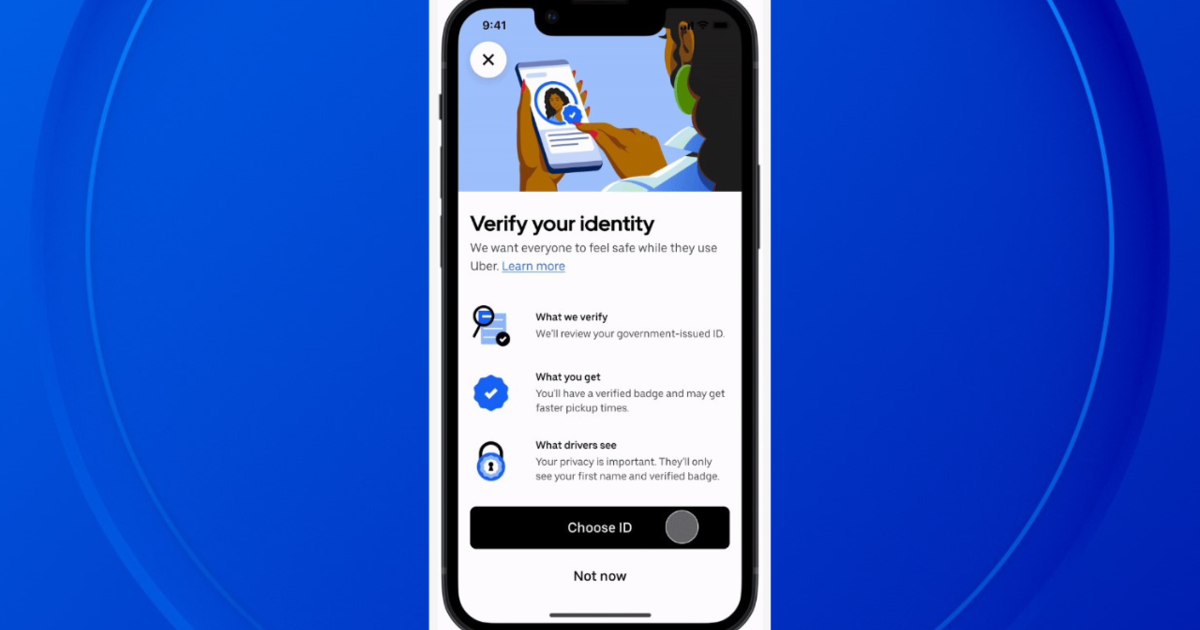NSF International, Wilsonart LLC Developing Science-Based Product Category Rule For Countertops
ANN ARBOR -- NSF International, in cooperation with Texas-based decorative surfacing product producer Wilsonart LLC, is developing a Product Category Rule for residential countertops. This PCR will provide a science-based and internationally recognized method for reporting the environmental impact of residential countertop products and materials throughout their entire life cycle.
Product Category Rules define the elements of a life cycle assessment for a particular product group and what to include in an Environmental Product Declaration, a third-party-verified report summarizing the data generated from a life cycle assessment into a simple format. LCAs measure inputs, outputs and environmental impacts of a product across its lifespan, from cradle to grave. The EPD is the third-party-verified report that presents and summarizes the data generated from a life cycle assessment in a simple format. This allows the user to analyze a single product and provides a basis of comparison among related products.
NSF Sustainability, a division of NSF International that provides sustainability standards development, testing, certification and claims validation for commercial and consumer green products, provides EPD third-party verification by confirming that the data was collected in accordance with the applicable PCR and meets all ISO requirements. This is important as the U.S. Green Building Council's Leadership in Energy and Environmental Design has a pilot credit that recognizes materials that have third-party verified EPDs.
The residential countertop PCR will be established in accordance with the international environmental labeling standard ISO 14025 through the NSF National Center for Sustainability Standards. The NCSS will utilize an open consultative process to develop the PCR with participation from an expert panel of countertop manufacturers, suppliers, regulatory agencies, environmental organizations and end users. The NCSS has developed PCRs and American National Standards for sustainability for a wide range of product categories, including chemicals, commercial and institutional furniture, carpets, wallcovering, textiles, flooring, building products and materials, and is developing others for broad industries including water treatment and distribution systems.
"The Product Category Rule will provide the industry a much needed standard for measuring and reporting the environmental attributes of residential countertops, providing a basis for improvement and a process that will enable reductions in environmental impacts over time. We look forward to the positive impact this will make on the industry and those that seek more sustainable building and furnishing materials for their homes," said Steve Lubowinski, Research Fellow, Wilsonart LLC, who is leading their LCA activities.
"The residential countertop PCR will enable interior designers and architects to source countertops with environmentally preferable attributes using comparative data that has been gathered and reported in a standardized fashion. This is crucial in helping homebuilders and remodelers source products that meet their customers' environmental goals," said Tom Bruursema, General Manager of NSF International's Sustainability division. For more information on NSF Sustainability, visit nsfsustainability.org or contact Dennis Gillan at 734-476-2543 or sustainability@nsf.org.
NSF International is an independent global organization that writes standards, and tests and certifies products for the commercial goods, food, water and consumer goods industries to minimize adverse health effects and protect the environment (nsf.org). Founded in 1944, NSF is committed to protecting human health and safety worldwide. NSF is a World Health Organization Collaborating Centre for Food and Water Safety and Indoor Environment.



